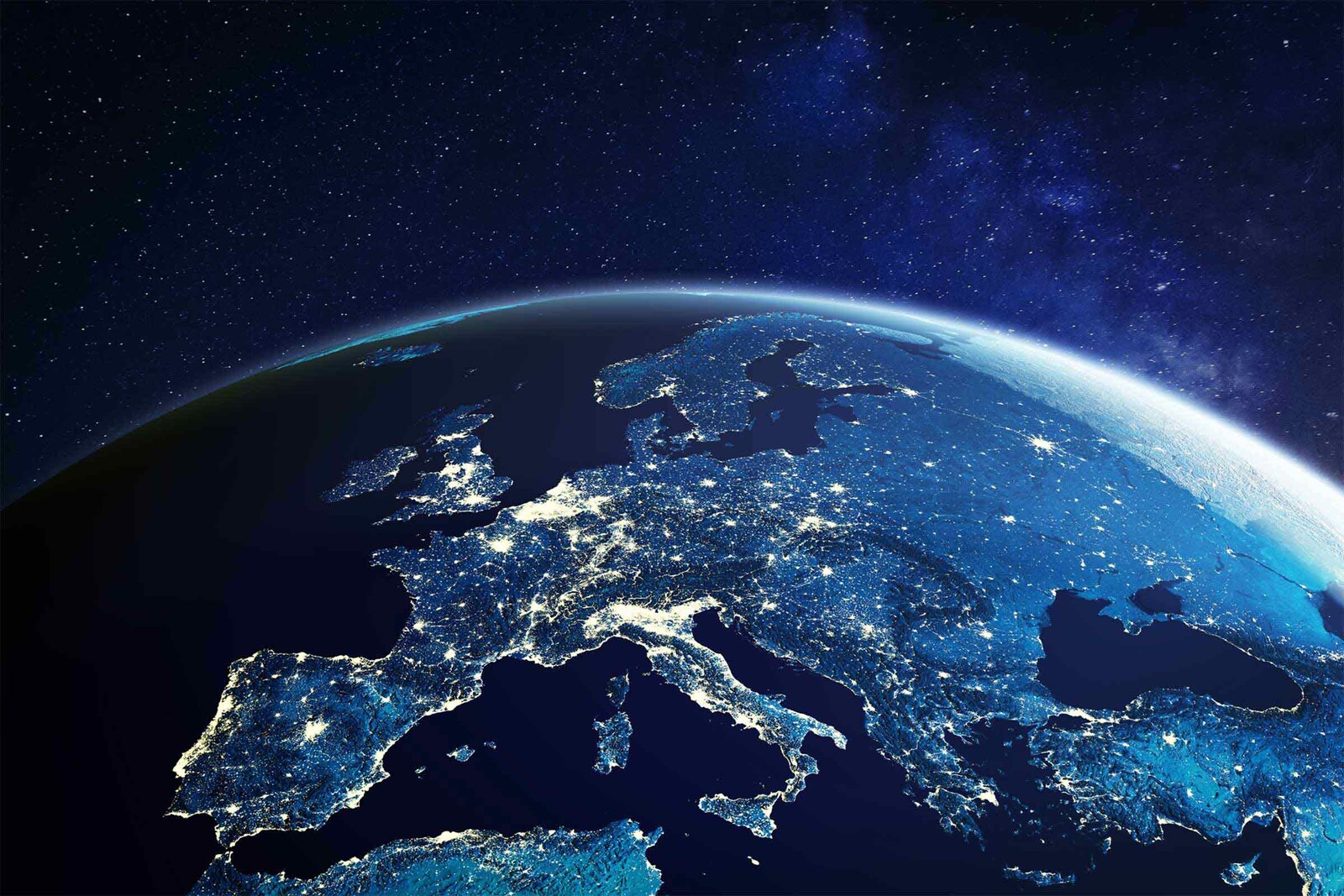EUROPE + GREEN – Climate Transition and Resource Sustainability
Thematic agenda "3. Climate transition and resource sustainability" of the Portugal 2030 Strategy is aligned with the European Union's "Greener Europe" strategic objective, which aims to monitor the climate emergency and advance the realization of decarbonization goals by supporting innovation and the circular economy while benefiting sustainable production methods.
In this context, the Portugal 2030 Strategy includes 5 Strategic Areas of Action:
-
Decarbonize society and promote the energy transition
-
Promote the economy circular
-
Reduce risks and recover environmental assets
-
Sustainable agriculture and forests
-
Sustainable maritime economy
Decarbonization
Energy Transition
Circular Economy
Reduce risks and recover environmental assets
Sustainable agriculture and forests
Maritime economy
How can we help your company?
-
Grant Application Registration
During the Grant Application Registration*, which allows you to proceed with the investment projects to be submitted to PT2030 without calls for proposals being open.Talk to us -
Financing
With financing lines intended for the anticipation of funds to be allocated by PT2030 and with complementary financing to the allocated funds. -
Collaboration
In collaboration with Deloitte, providing you with specialist advice regarding European Funds.
You may also be interested in
Information
-
Recovery and Resilience Plan (RRP)
16.6 billion euros to boost Portugal's recovery
The European Union has decided to strengthen the budget to boost Europe's economic and social recovery and growth. These funds are made available in Portugal via the RRP.
BBVA helps you to calculate the potential stimulus your company may receive.









